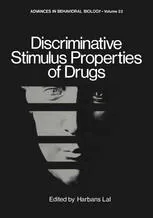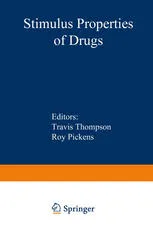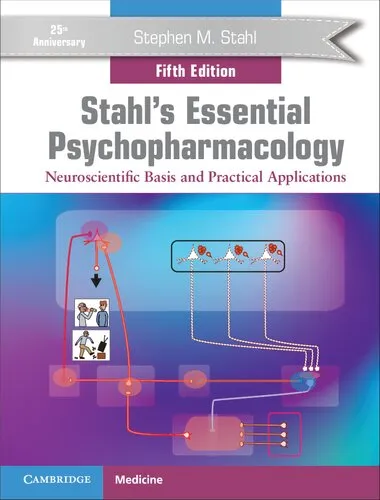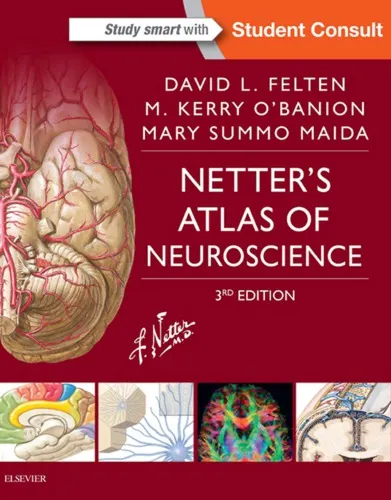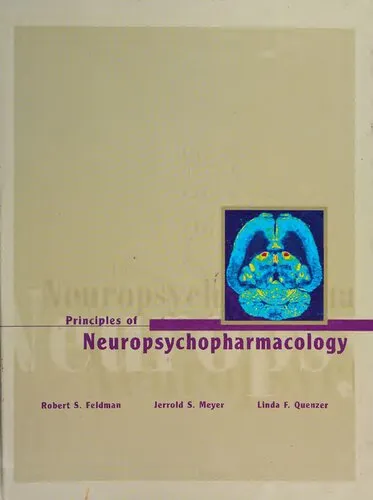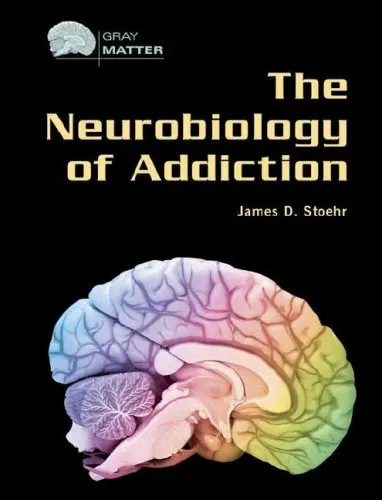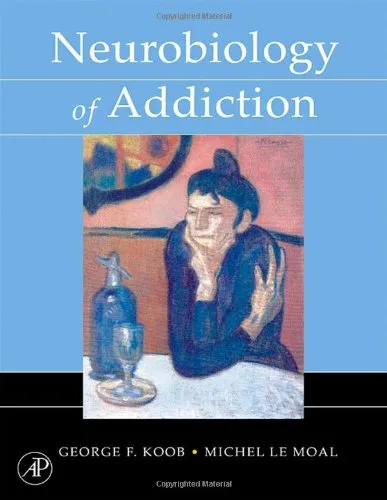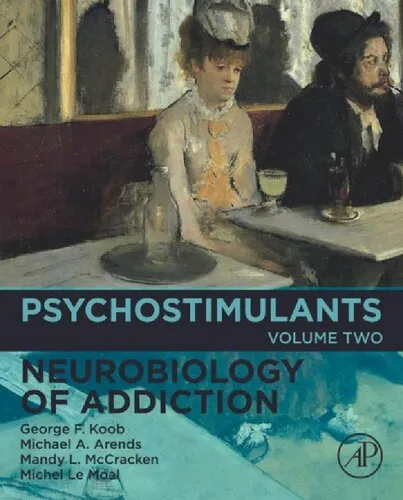Psychopharmacology: Drugs, the Brain, and Behavior
4.8
Reviews from our users

You Can Ask your questions from this book's AI after Login
Each download or ask from book AI costs 2 points. To earn more free points, please visit the Points Guide Page and complete some valuable actions.Related Refrences:
Introduction to 'Psychopharmacology: Drugs, the Brain, and Behavior'
Welcome to 'Psychopharmacology: Drugs, the Brain, and Behavior', a comprehensive and engaging resource that explores the fascinating relationship between drugs, the brain, and human behavior. Written by Jerrold S. Meyer and Linda F. Quenzer, this acclaimed book is a cornerstone for students, professionals, and anyone seeking a deeper understanding of the complex interplay between neuroscience, psychology, and pharmacology. Designed to bridge the gap between foundational concepts and advanced topics, it provides insights into how drugs influence brain function and guide behavior while also addressing critical societal issues related to drug use and mental health.
The text is meticulously crafted to simplify complex topics while maintaining scientific accuracy. This balance makes it an essential tool for readers at various levels of expertise, from undergraduate students to experienced professionals. With its engaging narrative style, rigorous research base, and emphasis on real-world applications, this book offers a deep and captivating journey into the field of psychopharmacology.
Summary of the Book
The book is structured to provide a thorough exploration of psychopharmacology, encompassing its biological, chemical, and behavioral dimensions. It starts by introducing the foundational principles of neurobiology, followed by an in-depth discussion on neurotransmission and receptor dynamics. These early chapters lay the groundwork for understanding how specific drugs act upon the nervous system to alter behavior.
Subsequent chapters transition into detailed examinations of major classes of psychoactive substances, including stimulants, depressants, antidepressants, antipsychotics, and hallucinogens. Each class is analyzed in terms of its neurochemical mechanisms, physiological and behavioral effects, clinical applications, and potential for misuse. The authors also delve into contemporary topics such as the neurobiology of addiction, the impact of illicit drugs on society, and the ethical considerations surrounding psychopharmacological research.
By integrating scientific rigor with practical applications, the book encourages readers to think critically about the social and individual consequences of drug use. It also includes discussions on the latest therapeutic advancements, providing a cutting-edge perspective on mental health treatments.
Key Takeaways
- An in-depth understanding of how drugs interact with the brain and influence behavior.
- Clear explanations of complex topics like neurotransmitter systems, neuropharmacology, and addiction pathways.
- A balanced perspective on the beneficial and harmful effects of psychoactive substances.
- Practical tools for applying psychopharmacological knowledge to fields like clinical psychology, psychiatry, and neuroscience research.
- Comprehensive coverage of societal challenges, including addiction, drug policies, and mental healthcare advancements.
Famous Quotes from the Book
"Understanding the intricate dance between drugs and the brain requires more than just knowledge of biology; it demands a willingness to explore the human condition in all its complexity."
"Every psychoactive substance carries a dual nature: it can heal or harm, clarify or confuse, depending on its usage and the context within which it operates."
"Addiction is neither a simple matter of weak will nor mere chemical hijacking; it is a complex interplay of biology, psychology, and environment."
Why This Book Matters
In an era where mental health challenges are a growing concern and psychoactive substances are widely used and often misunderstood, this book serves as a crucial guide for navigating these complex issues. It demystifies the science of psychopharmacology, making the subject accessible to a broad audience while retaining the intellectual rigor required by professionals and academics.
The authors' evidence-based approach ensures readers are not only informed but also empowered to critically evaluate the effects of drugs on individuals and society. Additionally, the book's focus on ethical issues, societal impacts, and the latest therapeutic innovations ensures that it remains relevant to contemporary discussions about mental health and pharmacology.
Whether you are a student beginning your journey into neuroscience, a healthcare professional seeking advanced knowledge, or an individual curious about the brain's workings, 'Psychopharmacology: Drugs, the Brain, and Behavior' is a valuable and inspiring resource. It enlightens, educates, and invites reflection—a true testament to the importance of understanding the profound connections between drugs, the brain, and human behavior.
Free Direct Download
You Can Download this book after Login
Accessing books through legal platforms and public libraries not only supports the rights of authors and publishers but also contributes to the sustainability of reading culture. Before downloading, please take a moment to consider these options.
Find this book on other platforms:
WorldCat helps you find books in libraries worldwide.
See ratings, reviews, and discussions on Goodreads.
Find and buy rare or used books on AbeBooks.
1338
بازدید4.8
امتیاز0
نظر98%
رضایتReviews:
4.8
Based on 0 users review
Questions & Answers
Ask questions about this book or help others by answering
No questions yet. Be the first to ask!

